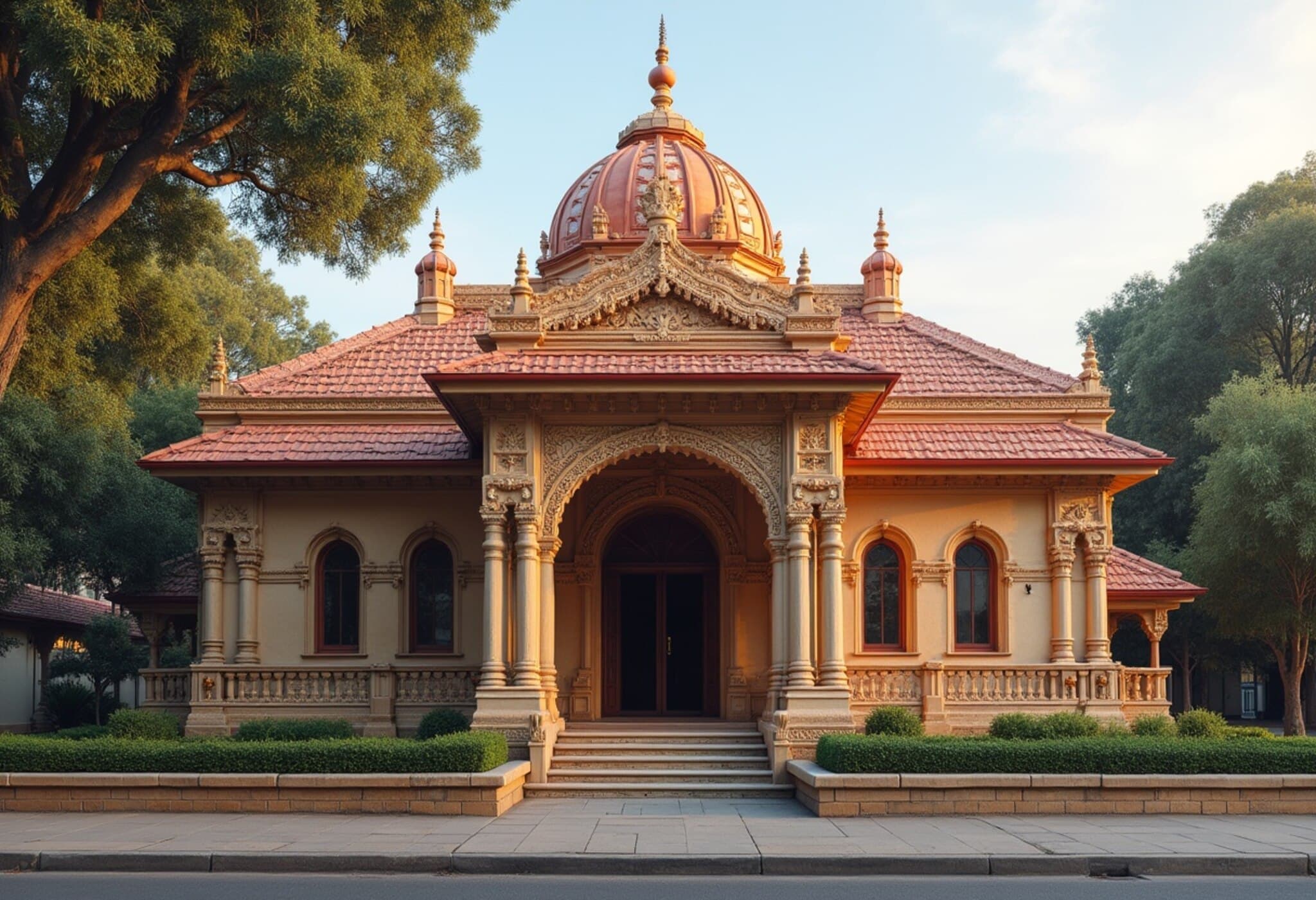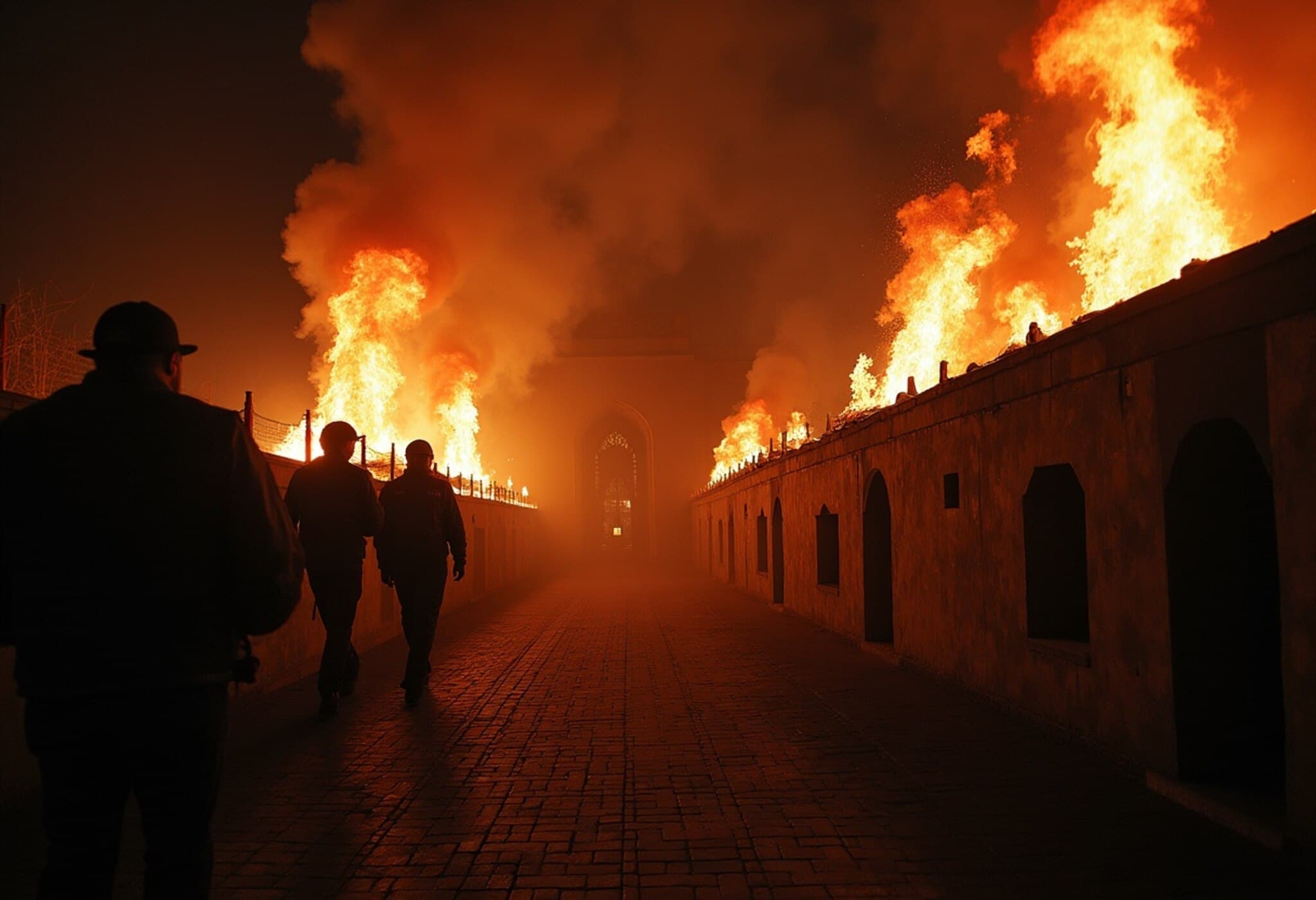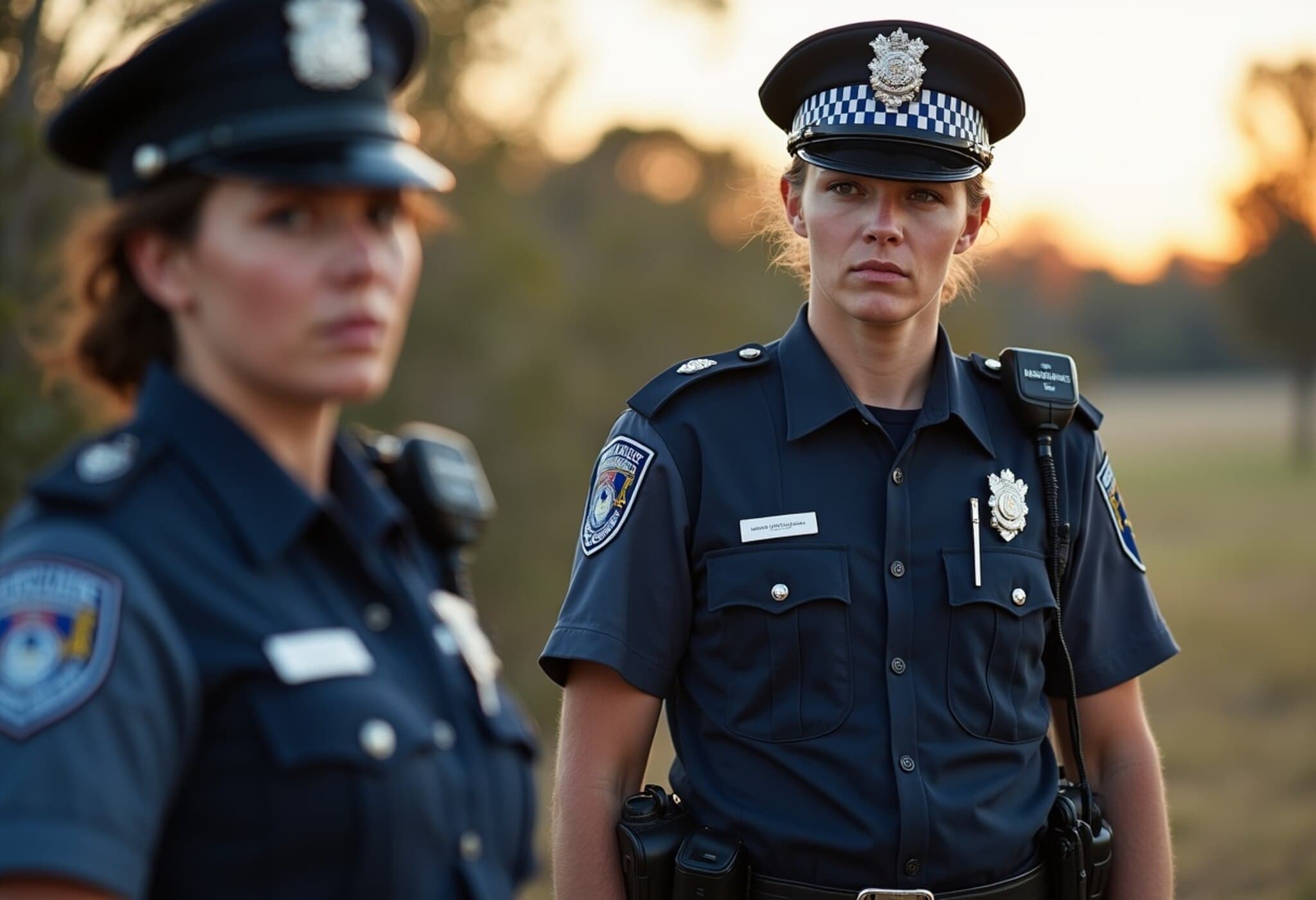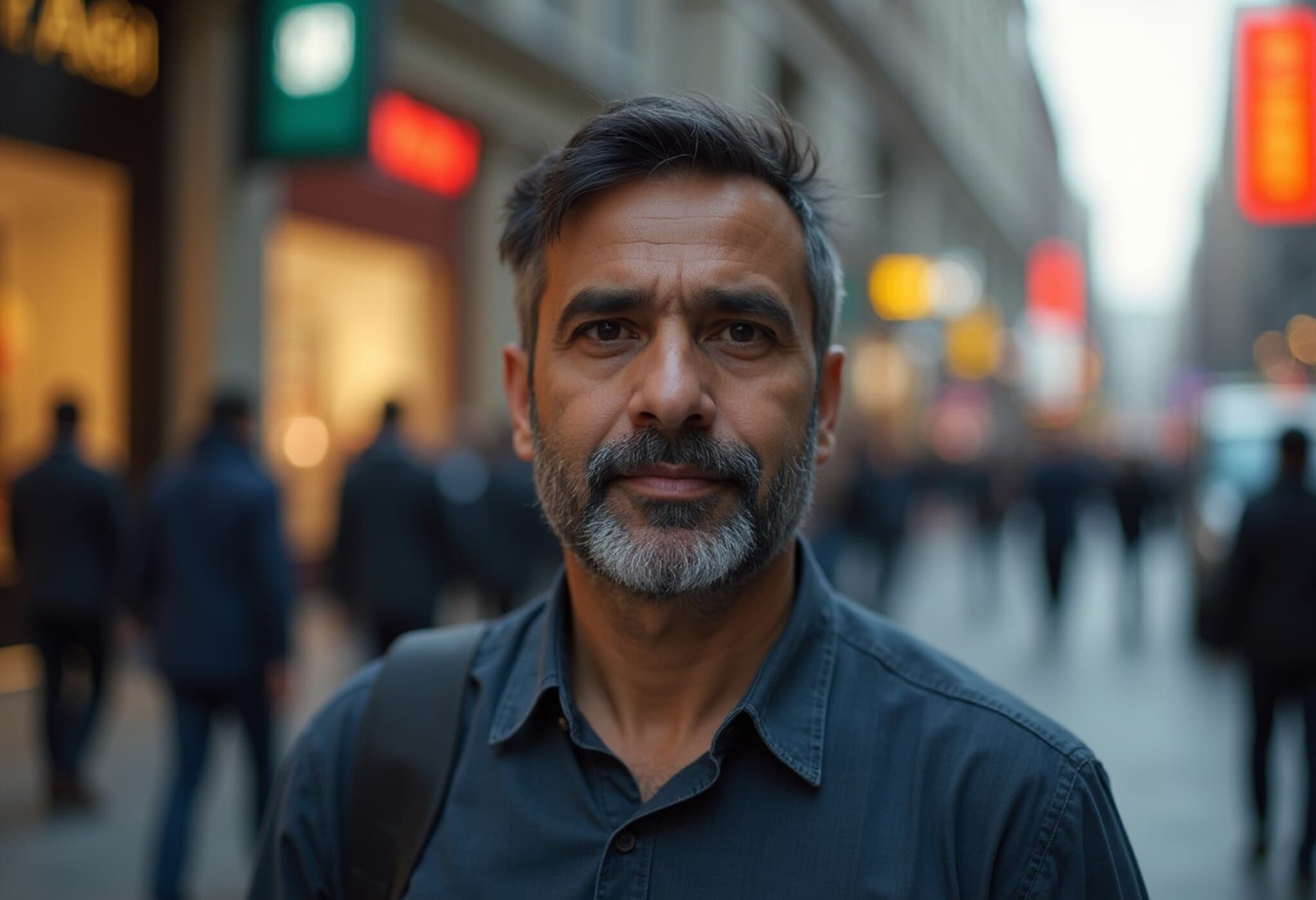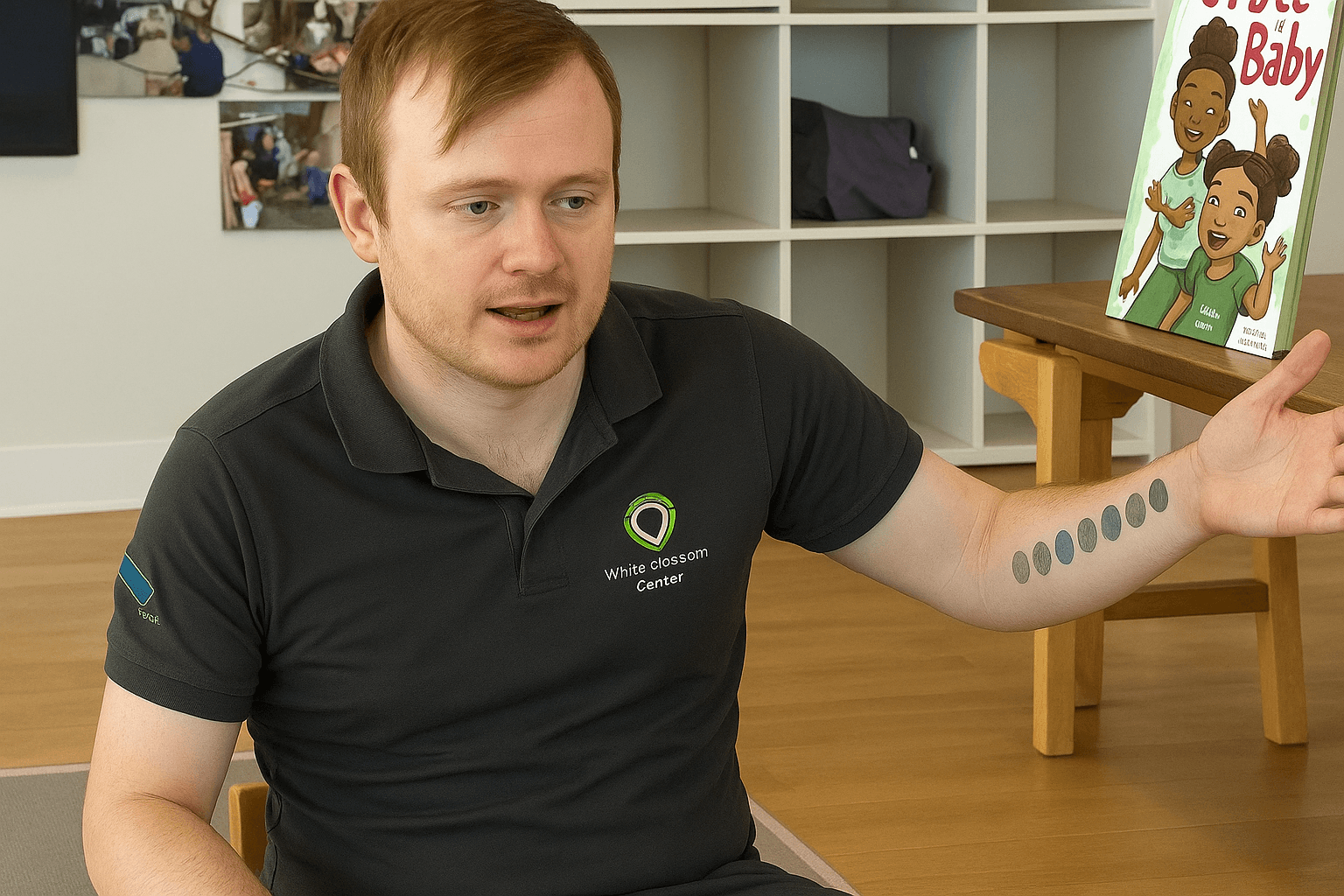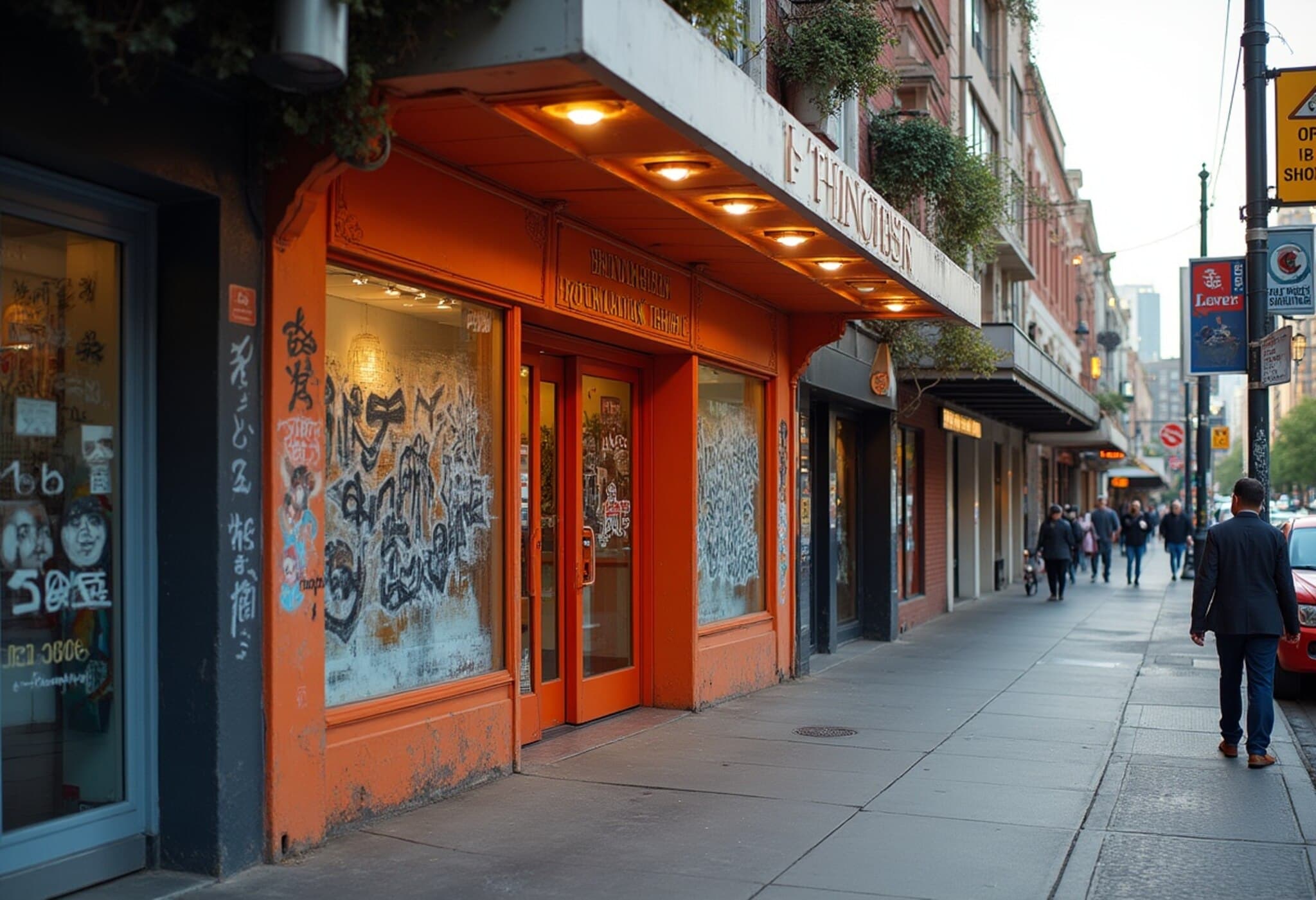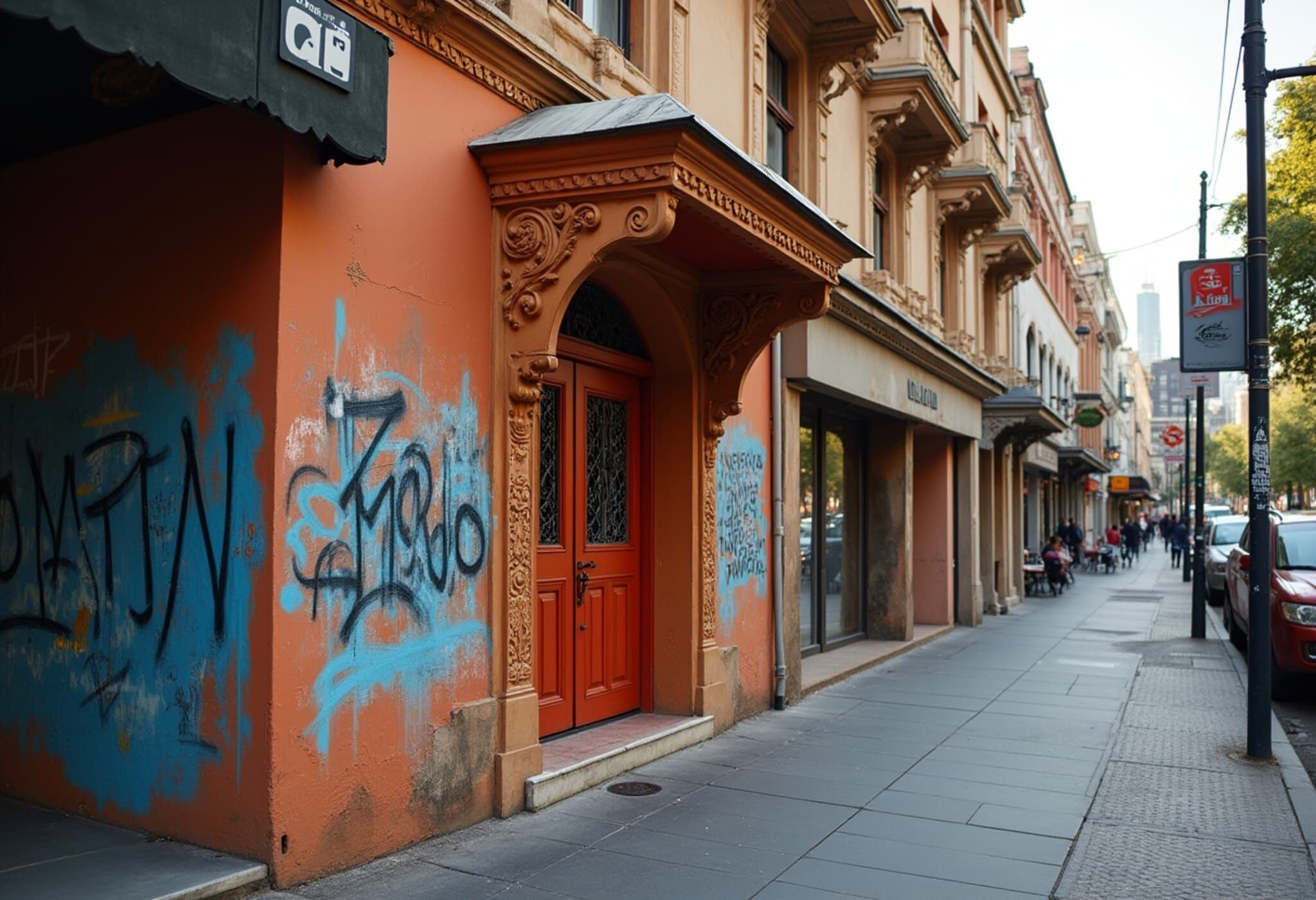Racist Graffiti Defaces Swaminarayan Temple and Nearby Asian Restaurants in Melbourne
In a disturbing incident that has sent ripples through Melbourne’s diverse communities, the Swaminarayan Temple in Boronia, a suburb to the city’s east, was defaced with hateful, racist graffiti on July 21, 2025. The words “Go Home Brown…” were spray-painted on the sacred walls of the temple, a place that many consider a sanctuary of peace and devotion. The vandalism did not stop there—two nearby Asian-owned restaurants were also targeted with similar racist slurs, exposing a troubling pattern of hate-driven actions.
Community Leaders Speak Out Against Hate
Makrand Bhagwat, President of the Hindu Council of Australia, voiced profound sorrow and alarm over the attack. "This act is not just against a building, but an affront to our identity, our right to freely worship, and the multicultural fabric of Australia," he told Australia Today. "Our temple is a symbol of unity, devotion, and harmony, and seeing it vandalised with such hateful words was deeply heartbreaking for everyone involved – from the volunteers who maintain the temple to the worshippers who find peace there."
Police and Political Responses: Calls for Unity and Accountability
Victoria Police confirmed they are actively investigating four related incidents within Boronia, including the graffiti at the temple on Wadhurst Drive and at two restaurants on Boronia Road. Authorities have emphasized the seriousness with which these hate crimes are being treated.
Victoria’s Premier, Jacinta Allan, personally condemned the acts, sending a letter to temple authorities stating,
"What happened this week was hateful, racist and deeply disturbing. It wasn’t just vandalism – it was a deliberate act of hate, designed to intimidate, isolate, and spread fear. It was an attack on your right to feel safe and to belong, and on the values that bind us together. There’s no place for it anywhere in Victoria."
Premier Allan also highlighted the importance of standing shoulder-to-shoulder with affected communities and pledged ongoing government support. The Minister for Multicultural Affairs plans to visit the temple soon to engage directly with the community.
The Broader Context: Rising Racist Incidents in Australia
This vandalism comes on the heels of other racially motivated offenses across Australia, including a recent, harrowing assault on a 23-year-old Indian man, Charanpreet Singh, in Adelaide. Singh suffered serious brain trauma and facial fractures following a violent attack believed to be triggered by racial animus over a parking dispute. Such incidents highlight the troubling undercurrent of racial intolerance that persists even in multicultural societies.
Expert Insights: The Challenge of Combating Hate Crimes
Hate crimes like these present complex challenges for law enforcement and communities alike. Dr. Emily Nguyen, a sociologist specializing in racial dynamics, explains, "Acts of vandalism targeting places of worship and ethnic businesses are calculated to sow fear and division. They are not isolated acts but symptoms of broader societal tensions, requiring robust legal action and community-led healing initiatives." Australians, renowned for valuing diversity, face an ongoing test to uphold inclusiveness and reject intolerance.
What Needs to Happen Next?
- Law Enforcement: Must prioritize investigation and prosecution to serve as deterrents against hate crimes.
- Community Engagement: Strengthen local multicultural networks to foster solidarity and resilience.
- Government Support: Ensure resources are allocated for victim support services and education campaigns highlighting the value of diversity.
- Public Awareness: Amplify voices from minority communities to challenge stereotypes and reduce prejudice.
Editor’s Note
Violence and hatred against religious and ethnic communities threaten not only individual safety but the social fabric binding multicultural societies. The attack on Melbourne’s Swaminarayan Temple is a stark reminder of the work still needed to combat racism at all levels. Beyond condemnation, sustained efforts toward inclusion, education, and justice are imperative to ensure all Australians feel safe, valued, and at home.
We invite readers to reflect on the root causes of such hate incidents and consider how communities and policymakers can better collaborate to build a truly inclusive Australia.

